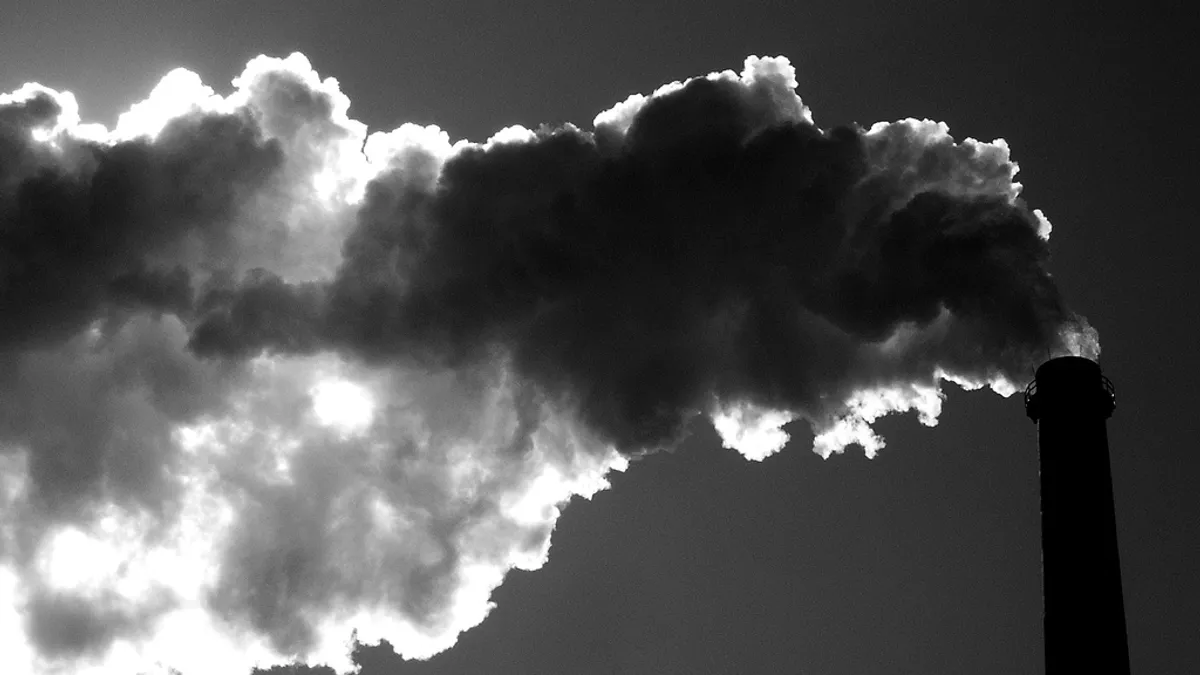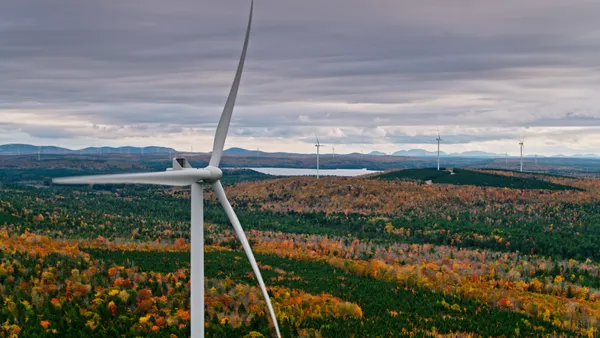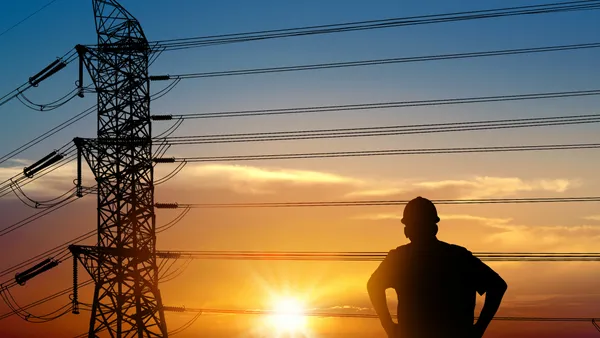Dive Brief:
- Virginia Gov. Terry McAuliffe directed the state's Department of Environmental Quality to begin establishing regulations to limit power plants emissions, including carbon dioxide, which include establishing a mandatory cap-and-trade program.
- A mandatory cap-and-trade program would be just the third in the United States, noted Inside Climate News, along with California's and the nine-state Regional Greenhouse Gas Initiative in the Northeast.
- McAuliffe said it is vital for states to step in while the federal government "abdicates its role on climate change. Since President Trump announced he will withdraw United States from a United Nations global warming accord, cities and states around the country have been indicating their commitment to continue advancing clean energy.
Dive Insight:
McAuliffe's commitment is a concrete step forward on climate policy, though it may lead into familiar territory: Inside Climate News also notes some Virginia Republicans have hinted at a lawsuit.
But McAuliffe noted "as the federal government abdicates its role on this important issue, it is critical for states to fill the void."
The governor signed Executive Directive 11, instructing the Department of Environmental Quality to begin the process of establishing regulations in Virginia that will reduce carbon emissions from power plants. According to the Governor's statement, the directive follows Executive Order 57, which required the Secretary of Natural Resources to convene a work group to study and recommend methods to reduce carbon emissions.
"Executive Directive 11 is designed to ensure Virginia’s regulation is 'trading-ready' and includes a structure that enforces carbon-reduction mechanisms," according to McAuliffe's office.
Right now, California has the second largest carbon-trading program in the world, behind Europe, while the nine-state RGGI compact in the Northeast and Mid-Atlantic has saved consumers billions. And stakeholders at a FERC technical conference seemed to reach a consensus over the need to price carbon in wholesale power markets. But for the most part, a federal push to establish some sort of carbon tax or price has met with vigorous political pushback.
The Paris climate accord was another front that addressed climate issues, but President Trump has argued the United Nations Paris agreement is a "bad deal for Americans" that "disadvantages the United States at the exclusive advantage of other countries." The accord aims to limit global warming to 2°C this century. For the United States, that translated into an 80% economywide decarbonization by 2050.
A dozen states and Puerto Rico formed the U.S. Climate Alliance and committed to reducing emissions 26% or 28% from 2005 levels, while meeting or exceeding the targets of the Obama administration's Clean Power Plan. Virginia was among those states.














